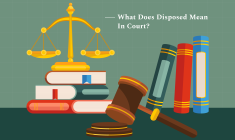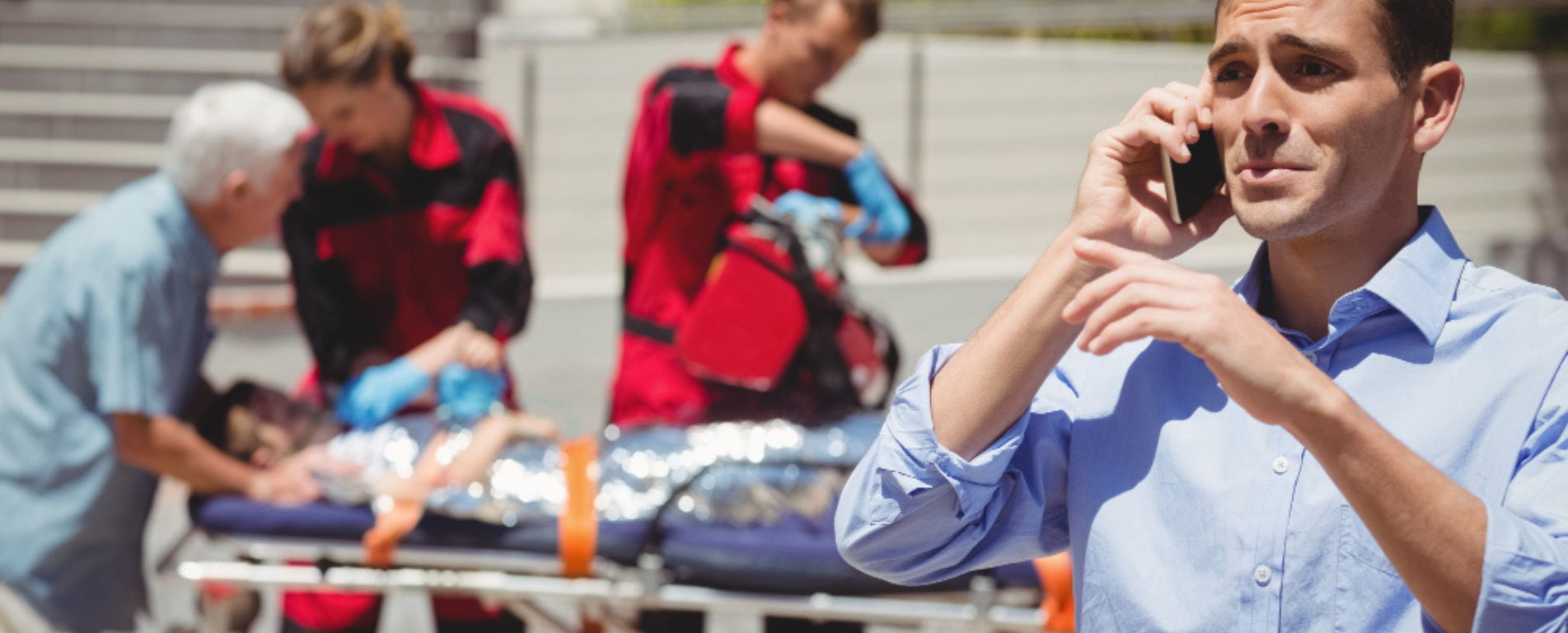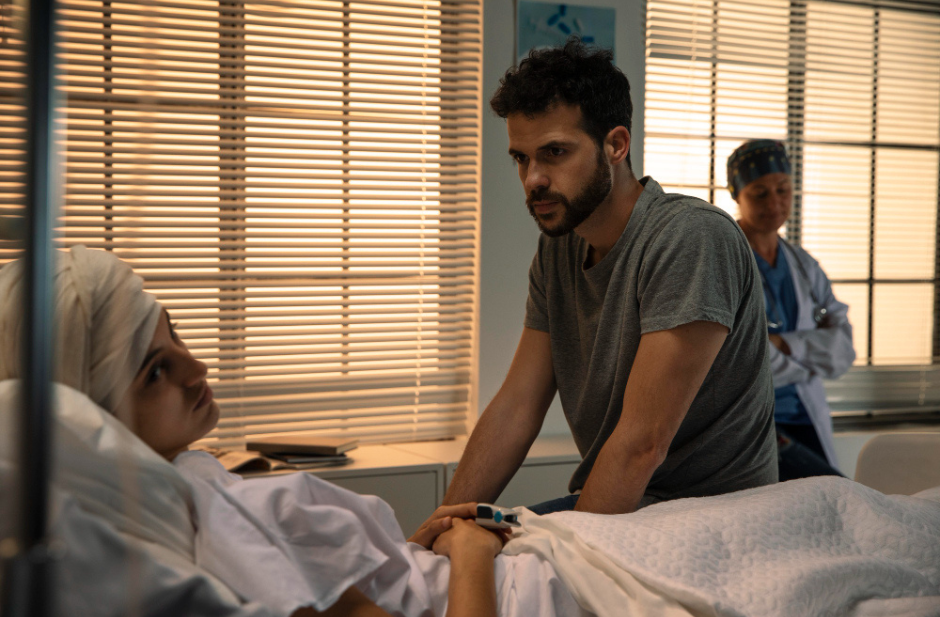So, let’s say you just got into a car wreck. First—ugh. Been there. Between the stress, the noise, and the weird adrenaline fog, you’re just trying to figure out what the heck happened. And then? Bam. You realize there’s a whole legal mess nobody warned you about.
Insurance. Fault. Medical bills. Deadlines. Who’s paying for what? It’s overwhelming, especially when all you want is a nap, an ice pack, and maybe a stiff drink.
And if you’re living in a place like Tampa? Well, good luck. It’s in the top ten worst cities for drivers, which honestly feels right. It’s practically a contact sport out there.
Probably that is the reason why so many legal experts urge their clients to know what to do after an accident!
And if that is something that you want to know, you have come to the right place. Therefore, read this blog till the end…
What To Do After An Accident?
There are literally so many things that you need to do after an accident. And trust me when I say this: not having a clear checklist can completely ruin your case.
So, what to do after an accident? Is there anything that can help you out legally?
Yes. There are a few things that you must know. Here is the ultimate guide of all the things that you need to do after an accident:
Knowing Your Rights
Here’s something I didn’t know: you’re not completely powerless after a crash. In fact, you’ve got a bunch of rights. But unless you’re a lawyer or just really into fine print, you’re probably not aware of half of them.
You can get help covering doctor bills, lost wages, and even your busted-up car. And insurance companies? Yeah—they’ll try to lowball you. But legally? You don’t have to just take it.
Knowing that makes a huge difference. Trust me.
Contacting a Legal Professional
Okay, look. If it’s just a fender-bender and everyone’s fine, maybe you’re good without one. But if anyone’s hurt, or if the details are murky and folks are pointing fingers? You’ll want backup.
Lawyers aren’t just there for courtroom drama—they help you avoid costly missteps, especially early on when you’re still dazed and trying to process what the heck just happened.
And if you’re in Florida, where accident laws have their own special flavor? Having someone local, like a Tampa car accident attorney, who gets how this stuff works here is a game-changer.
Documenting Evidence Early
Here’s the unglamorous truth: if you don’t document it, it’s like it didn’t happen. Harsh, I know. But right after the accident—take photos of everything. Your car, their car, street signs, your bruised knee, that weird dent in the fender.
Got witnesses? Get names. Cops show up? Ask for the report. And for the love of all things holy, keep every medical record, receipt, and email. This stuff becomes gold later.
Think of it as building a folder of “receipts” in case things get messy. Because they often do.
How State Laws Apply
Something I learned the hard way: laws change depending on where you are. It’s not one-size-fits-all. In some states, even if you were kinda at fault, you can still get money. Others? Not so much.
Miss a deadline or file the wrong form, and suddenly your case is dead in the water. That’s why knowing how your state handles accidents is half the battle.
And spoiler alert—Florida’s got its own unique set of twists. No surprise there.
Understanding Negligence Rules
So, the word “negligence” gets thrown around a lot. Basically, it’s just about blame—how much was your fault vs. theirs.
There’s “comparative” negligence (you share blame but still get paid) and then the savage one: “contributory.” That one’s like… if you’re even 1% at fault? Too bad, no money for you.
Knowing which system your state uses is crucial. Otherwise, you’re flying blind.
Personal Injury Lawsuits
Yeah, I know, nobody wants to go to court. It sounds dramatic. But sometimes, it’s the only way to get what you’re owed—especially if the injuries are serious or the insurer’s acting shady.
A personal injury lawsuit isn’t as scary as it sounds when you’ve got someone guiding you. Deadlines? Paperwork? Negotiations? That’s what lawyers do. You just focus on healing.
Property Damage And Compensation
Even if you’re okay physically, your car might not be. And that comes with its own fun: body shop bills, rentals, lost valuables. Sometimes insurance won’t pay the full cost or they drag their feet.
Save everything—photos, quotes, receipts. Keep a folder (digital or messy pile, your choice). The more proof you have, the harder it is for them to deny you what’s fair.
When Multiple Parties Are Involved
Multi-car crashes? Whole different beast. Figuring out who’s at fault when three people are shouting different versions of the same story? Yeah. Not easy.
With more cars, you’ve got more insurance companies, more adjusters, more… well, drama. This is when having a legal pro in your corner really pays off. They help untangle the mess so you’re not left holding the bill.
Why And How Legal Representation Helps Your Case
Here’s a plot twist: lawyers can help even if you don’t go to court. In fact, a lot of accident cases never reach a judge.
An attorney can just help make sure you’re not getting played. They deal with adjusters, organize your documents, negotiate better payouts, and catch little traps that you’d probably miss.
Think of them like a GPS for your legal mess. Could you drive without one? Sure. Will you end up on a dirt road yelling at the sky? Maybe.
Your Legal Guide: Dealing With Insurance Adjusters
No hate to the adjusters doing their job, but let’s be real—they’re trying to save their company money. So when they call, sounding super friendly? That’s strategy.
They’ll ask questions, make suggestions, maybe even say you don’t need to hire anyone. Be careful. Even casual comments can be twisted.
So rule of thumb: Don’t sign stuff. Don’t give long statements. And definitely don’t agree to anything without talking to a lawyer first. Your future self will thank you.
Accidents suck. The crash is over in seconds, but the legal stuff? That can drag on forever. It’s confusing, emotional, and filled with people telling you what you should do.
But here’s what I learned: get informed, act fast, and don’t try to wing it alone. Whether it’s a small fender-bender or a major collision, knowing your rights and having the right help makes all the difference.
Take care of yourself—and if the legal stuff gets too heavy? Call someone who knows how to carry it for you.
Read Also:
















